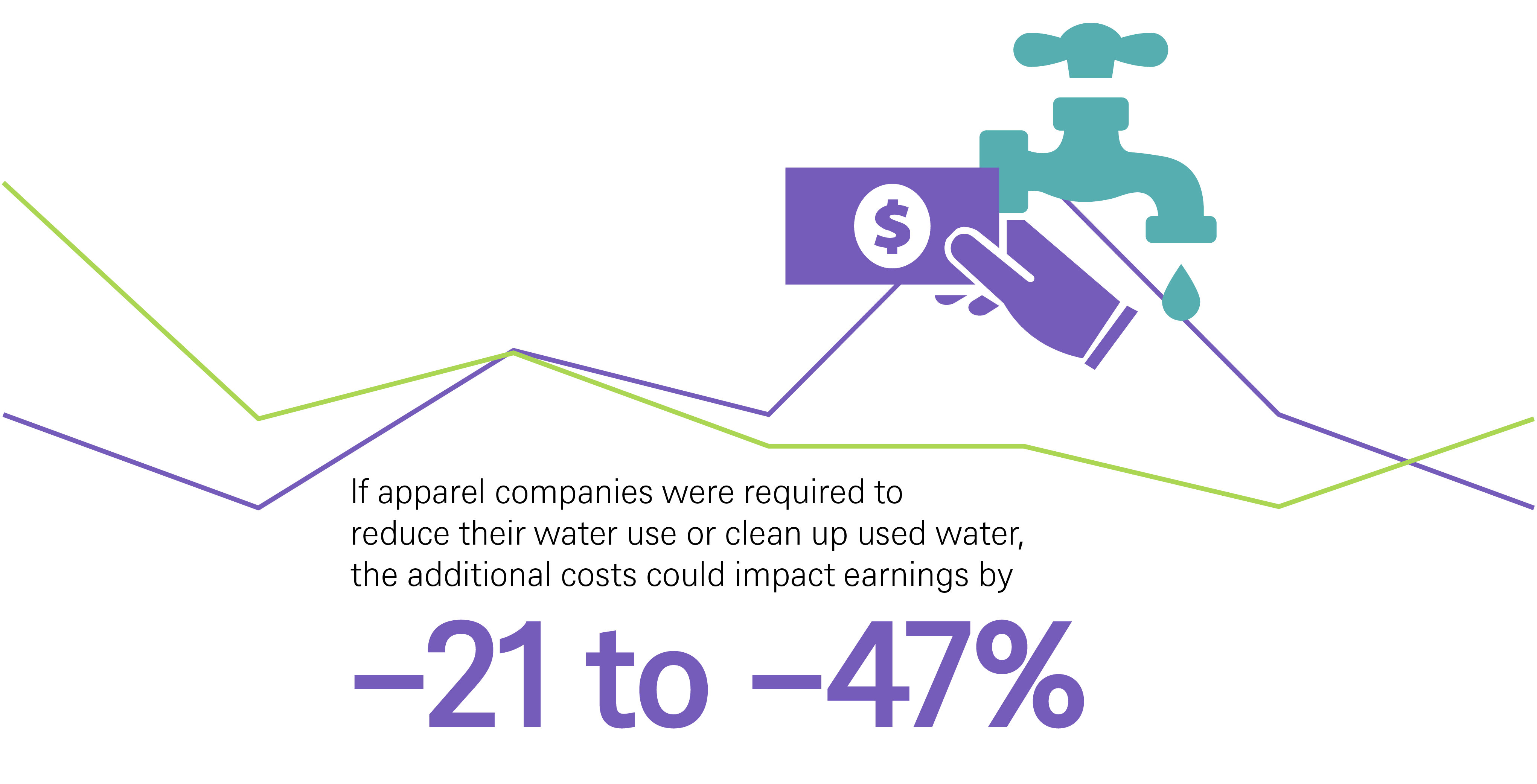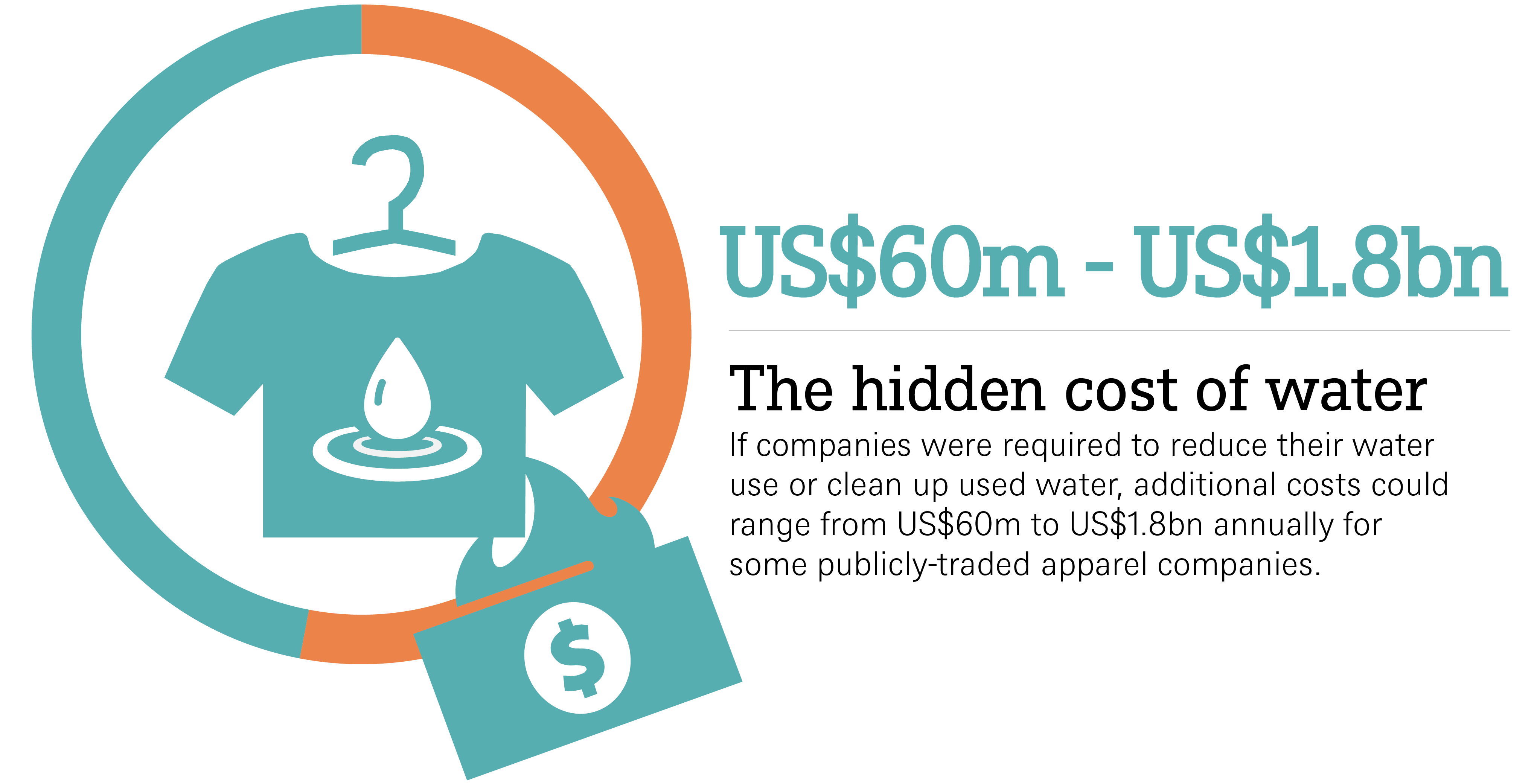- Home »
- Insights »
- DWS Research Institute »
- The hidden cost of water
In order for the United Nations Water Conference goals of more sustainable water use, a two-pronged approach might be needed:
- That governments properly regulate water use and pollution,
- And companies place a stronger focus on scientific water targets and use internal water pricing that reflects full environmental impacts
With recent international agreements to protect the high-seas and biodiversity, the upcoming UN Water Conference[1], 22-24 March 2023, could create momentum on the broad challenges surrounding water. The importance of action is evident in scientists’ conclusion[2] that humanity is profoundly changing the water cycle, affecting the health of the entire planet. Put simply, water risks are centered around whether there is too much, too little or too polluted. These risks are accentuated by the increasing frequency and intensity of water-related natural disasters such as floods or droughts. Another aspect is the social facet of water risk, which affects access to food and the associated impacts on health and well-being.
Regulation of water use and pollution
Ideally, governments should set science-based water policies linked to specific watersheds. The EU Water Charter[3] can serve as a good starting point. Environmental economists advise[4] that properly addressing challenges like water, requires setting a limit or cap on the harm being created. Caps and/or limits on pollution levels and use of water should decline over time at a rate suggested by science. Furthermore, allocating how the costs of meeting targets are distributed across society should consider social priorities regarding the effect on equality and business competitiveness.
It can be complex to set science-based limits on key water pollutants and limits on water use, so an alternative/complement is to use fair water prices and duties. The importance of the latter is to ensure that the costs of environmental harm are embedded into business decisions, which can impact capital allocation.

Companies place a stronger focus on scientific water targets in line with science and equality/human rights principles
Of the ~2,800 companies in the MSCI All Country World Index (ACWI), 700 companies made disclosures to CDP regarding water. But only 373 companies (13% of ACWI) use or plan to use an internal hypothetical ‘shadow’ water price, Figure 1, to assess risks/opportunities or to encourage a change in corporate practices. This compares with 1,044 companies using or planning to use internal carbon pricing.
Figure 1: Number of companies using internal carbon prices has grown much faster than companies using internal water pricing
Source: CDP database, MSCI All Country World Gross TR Index, Market cap as of 28 February 2023, DWS analysis 2023
For the 30 companies that disclose what shadow water price is being used, the price is significantly below what the true price of water ought to be. Corporates can essentially take advantage of the fact that access to water is a human right and thus tend to be subsidised and true environmental costs are not integrated.
Ceres, Bluerisk and DWS[5] previously examined the financial implications of the apparel and meat sectors reducing their water impacts. If companies were required through future regulations or internal policies to clean up and reduce their water use, the additional costs could range from USD60m to USD1.8 billion annually for some large publicly-traded packaged meat and apparel companies. This additional spending could for example impact apparel company earnings ranging from -21% to -47%. Net profit impacts on meat companies could range from -5% to -165%.

These findings illustrate why investors need companies and accountants to disclose the full implications of meeting science led, government policies for sustainable water.
Measures like this could go some way in providing the base for the goals of the UN Water Conference to succeed.



